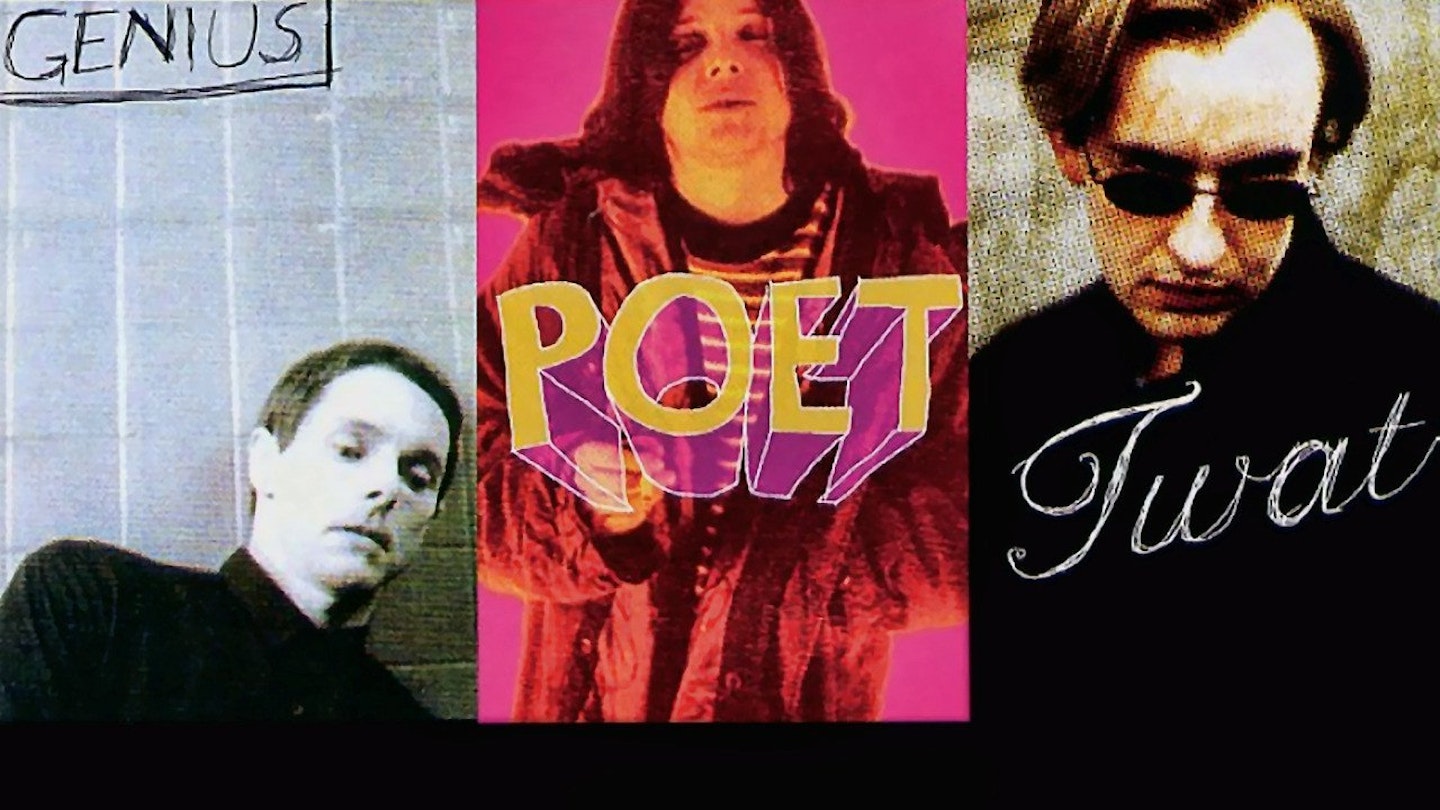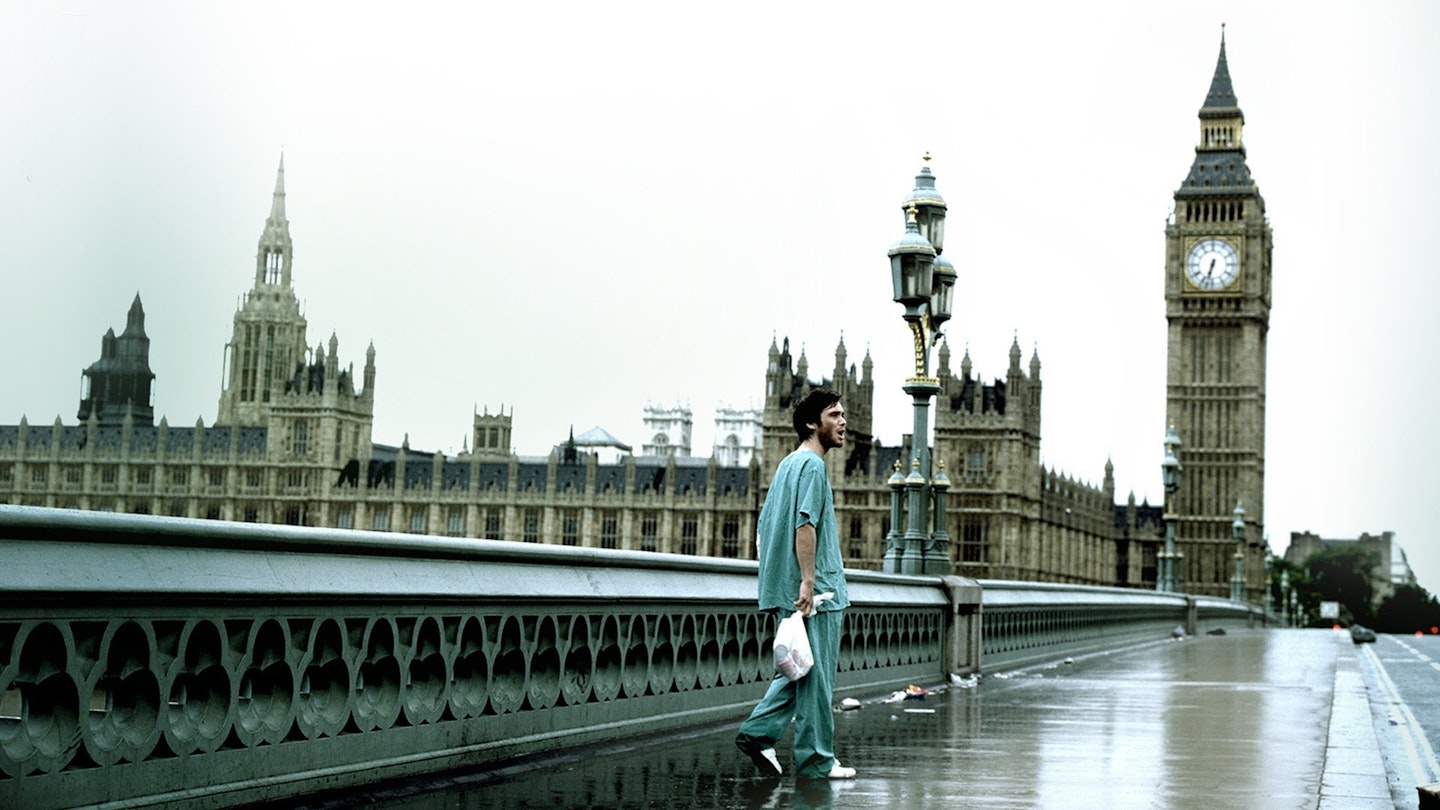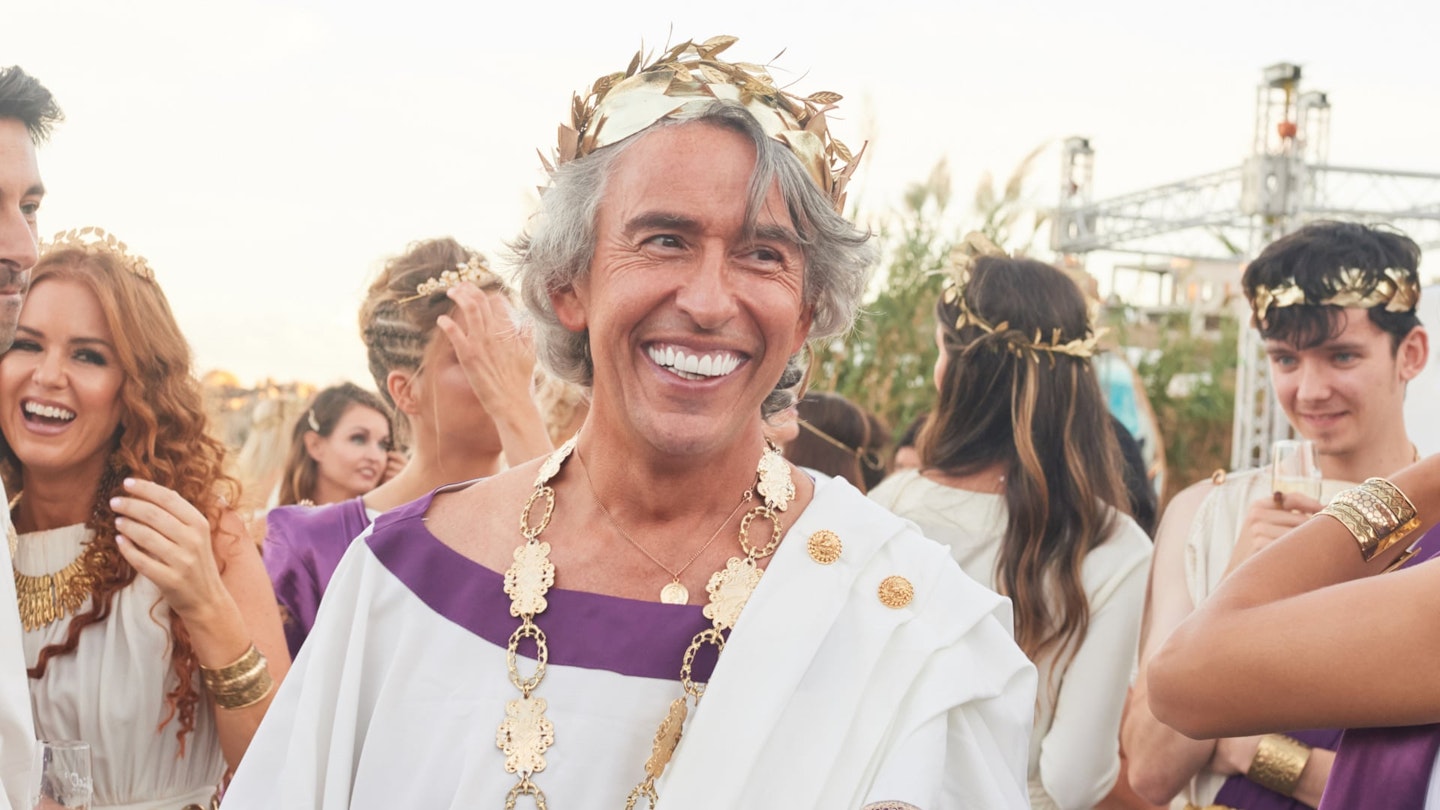Granada TV presenter Tony Wilson is standing on a hill outside Manchester. Attached to a hang-glider, he throws himself off, kamikaze-style. After a brief adrenalin rush and some genuinely dangerous moments, he crashes to the ground. "It's symbolic - it works on two levels," thinks the perceptive viewer, drawing parallels between this and the history of Wilson's music label, Factory Records. "It's symbolic - it works on two levels," says Steve Coogan, playing Wilson, talking directly to camera and stealing the audience's clever-clever thunder.
Barely two minutes into the movie, and director Michael Winterbottom has made a clean break from any by-the-rules 'biopic' approach to either Wilson, Factory or the whole Manchester scene from the late '70s to the early '90s. In one quick, self-referential move, he grants himself the freedom to mould the whole unruly subject into whatever shape he wants.
The finished product leans a bit too much towards the Tony Wilson/Steve Coogan Show to really do justice to such a vibrant era; at times, particularly when the floppy-lapelled TV presenter is up there in grainy glory, it's like Eric Idle playing Steve Coogan playing Alan Partridge playing Tony Wilson. But there's no doubt that this is a brave and brilliant movie that bristles with energy and attitude.
The tone shifts as the spotlight moves from Joy Division (and the unhappy suicide of Ian Curtis, brought brilliantly to life here by Sean Harris) to the Happy Mondays. The first half of the film is as intense and passionate as a night in with Curtis; the second is as shambolic and fun as a night out with Shaun Ryder.
If the film loses its focus in the later stages, it's because Winterbottom wants it to do so. Style reflects content as the director maintains a chaotic feel that is the Factory spirit in its most essential form. It's idealism and anarchy in a head-on collision; it's symbolic and it works on two levels. And, as the Mondays might say, Hallelujah to that.


